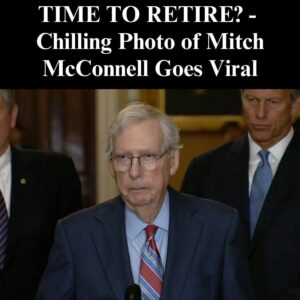A recent televised interview between a prominent U.S. senator and a major news network host has sparked public discussion about the tone and approach of political journalism. The senator, who is also a vice presidential nominee, appeared on a national news segment and expressed frustration over what he described as repeated attempts to trap him with “gotcha” questions.
The interview turned tense as the host pressed the senator on whether he would support investigations into previous government actions. Specifically, the question focused on whether he endorsed the idea of appointing a special prosecutor to review actions taken by the prior administration. The senator responded that he supported investigating any perceived wrongdoing and emphasized the need for fairness and consistency in the application of the law.
He argued that conducting investigations into past administrations should not be considered controversial if there are legitimate concerns about misconduct. “Absolutely, I would support looking into prior wrongdoing,” he said. “That’s part of maintaining law and order.”
As the interview continued, the senator criticized what he saw as a double standard in how different political figures are treated by institutions and the media. He pointed out that executive branch leaders appoint officials who carry out major decisions, and therefore, those decisions often reflect broader administrative policy directions. He also questioned the perceived independence of certain prosecutorial actions.
The host, for her part, sought to keep the senator focused on the central question, noting procedural distinctions and citing statements from official sources. At times, the discussion became more heated, with both parties speaking over each other as they debated issues of legal independence, prosecutorial discretion, and political accountability.
This exchange has drawn attention from viewers and commentators alike, with some praising the host’s persistence while others sided with the senator’s claims of media bias. The incident highlights the challenges of navigating highly polarized political discussions in a televised format and has reignited debates around how media figures conduct interviews with public officials.
While no new policy proposals were introduced during the interview, the segment has become a focal point in broader discussions about transparency, accountability, and the evolving relationship between politicians and the press.





